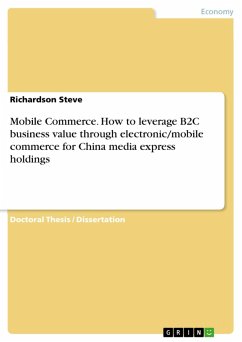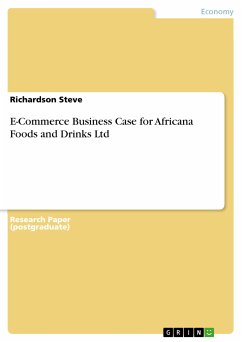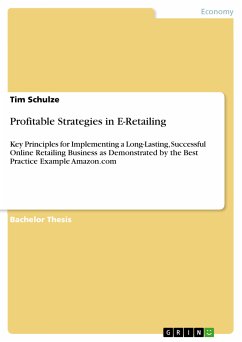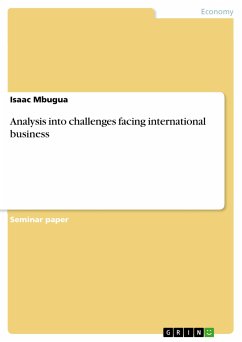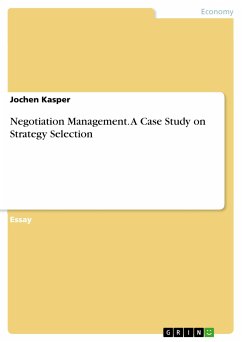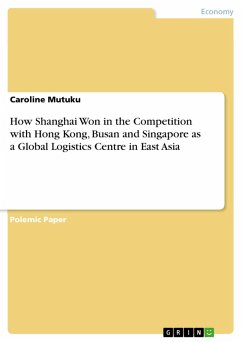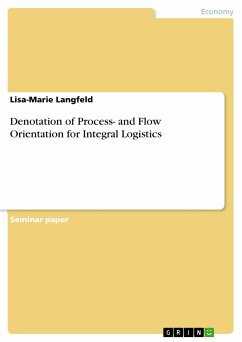Research Paper (postgraduate) from the year 2013 in the subject Business economics - Trade and Distribution, grade: 98.82, , course: ISCM 7100, language: English, abstract: In the last decade, as the nature global economics compels more organizations to expand internationally, the importance of communication, in terms of cultural intelligence, has emerged as a main driver of effective supply chain relationships which increase the efficiency of operations by facilitating collaboration and trust. However, as international trade becomes more complex and the cost of conducting transactions increases, the importance of communication is being reframed in terms of the power of language. Studies show that "time spent communicating equals money, and time ill-spent increases transaction costs" (Selmier & Oh, 2012). As organizational members increasing are forced to interact across linguistic boundaries, the establishment of a lingua franca for global business as a means of counteracting complexities through the creation of group cohesiveness is being embraced by a growing number of multinational corporations. Studies show that mandating English as a corporate lingua franca contributes to the efficiency of business transactions in similar fashion to EDI (electronic data interchange) systems. English is the most widely used and recognizable language in the world. It is spoken at a useful level by more than 1.75 billion people worldwide (Neely, 2012). The use of a common language when conducting business transactions has been shown to promote trust and facilitate process efficiencies that lead to reductions in transaction costs.
Dieser Download kann aus rechtlichen Gründen nur mit Rechnungsadresse in A, B, BG, CY, CZ, D, DK, EW, E, FIN, F, GR, HR, H, IRL, I, LT, L, LR, M, NL, PL, P, R, S, SLO, SK ausgeliefert werden.



